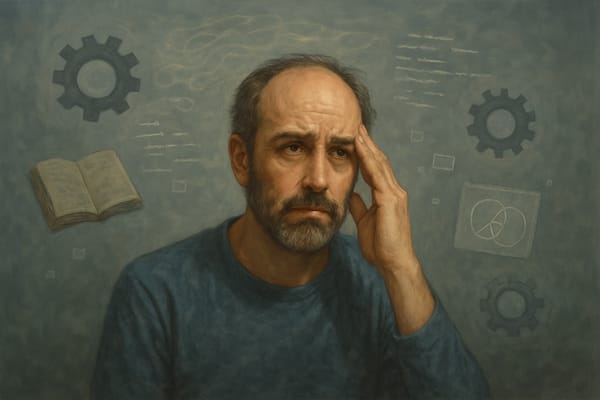Have you heard about pinning tabs in Safari? If you have Mac OS X El Capitan then you have Safari 9 which includes tab pinning. From Apple's Support documentation:
Pin Facebook, Pinterest, Twitter, Gmail, or any other website you visit frequently throughout the day. Pinned Sites stay put
